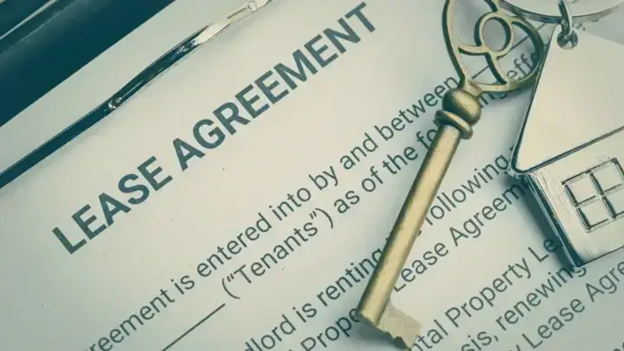Getting ready to rent out your property is an exciting step. You’ve prepared everything, found the right tenant, and now you’re ready to move forward. But before you hand over the keys, there’s one more important thing to do — create a proper rental lease, and for this you will need to know where to find state specific lease agreement templates.
A rental lease is a written agreement between you and your tenant. It protects both sides by clearly explaining the rules and responsibilities. Without this agreement, misunderstandings can happen, and they might lead to problems or even legal trouble later on.
To help you get started, here are five important things every residential rental lease should include:
1. Always Put the Lease in Writing
Some landlords make the mistake of not using a written lease, especially when renting to someone they know. But a handshake or verbal agreement isn’t enough. If there’s ever a disagreement about rent, repairs, or anything else, you won’t have proof of what was agreed upon.
A written lease protects both you and your tenant. It clearly explains what each person is expected to do — such as when rent is due, who takes care of repairs, and what happens if rules are broken.
Also, keep in mind that rental laws can change depending on your location. For example, some areas require you to include specific warnings (like for lead paint), or rules about how much notice you must give before entering the rental. Make sure your lease follows the current laws in your city or state.
2. Clear Rules for Rent and Security Deposits
The lease should explain everything related to rent and deposits. This includes:
- How much the rent is
- When it’s due each month
- How rent should be paid (cash, check, online)
- Where rent should be sent or dropped off
- What happens if the tenant pays late (including any fees)
- How much the security deposit is
- What counts as damage and what may cause the tenant to lose part of their deposit
State laws often say how much a landlord can ask for as a deposit and what the rules are for returning it. So be sure your lease follows those rules.
Before you even sign a lease, it’s a good idea to screen your tenants. Ask them to fill out an application, check their background and credit history, and contact their references. This helps you make sure they can afford the rent and take care of your property. If you’re worried about the cost of credit checks, you can charge a small application fee.
3. Set Rules for Subletting, Pets, and Other Behaviors
It’s important to be clear about what is allowed and what is not. Your lease should clearly state your rules on things like:
- Subletting (letting someone else move in and pay rent)
- Keeping pets (and what kinds are allowed)
- Any actions or behaviors that are not allowed (such as smoking inside or making loud noise late at night)
If these rules are written in the lease and signed by the tenant, they can’t later say they didn’t know. This protects you and helps keep your rental peaceful and well cared for.
4. List Any Extra Fees or Charges
Your lease should also include any other costs the tenant may need to pay. This might include:
- Utility bills (water, electricity, internet
- Service fees (for cable or garbage collection)
- Parking fees
- Key or gate card deposits
- Charges for extra services, like landscaping or snow removal
Also, be clear about who is responsible for keeping the place clean and in good condition. Will the tenant need to mow the lawn or hire someone to do it? Are you including this service and charging a fee? The more details you include, the less likely there will be confusion later.
5. What Happens If the Lease is Broken
Sometimes tenants want to move out before the lease ends, or they may break the rules. Your lease should explain what will happen in these situations. For example:
- Will the tenant have to pay rent until a new renter is found?
- Are there early termination fees?
- Can you end the lease if they break the rules?
Make sure all this is written clearly. This will help avoid arguments and make it easier to handle any problems that come up.
Final Tip: Always Use a Written Lease
No matter how friendly or responsible your tenant seems, don’t skip the written agreement. A lease protects both of you by setting expectations and rules from the start. It also helps you stay in control of your property and avoid problems later on.
Renting out property can be a great way to earn money, but it works best when everything is clear and agreed upon from the beginning. With a strong, simple, and complete lease, you’ll be in a much better position as a landlord.

